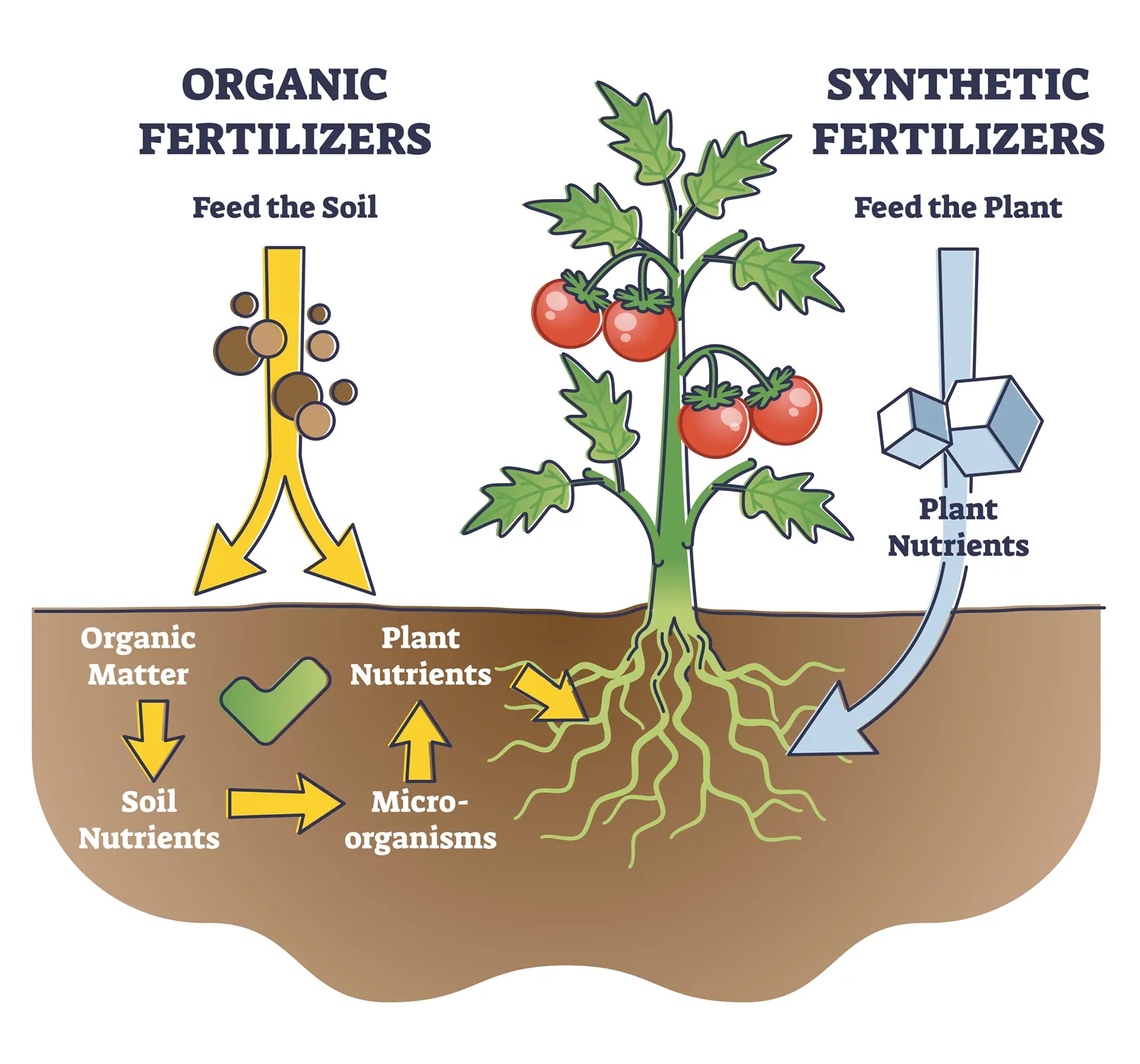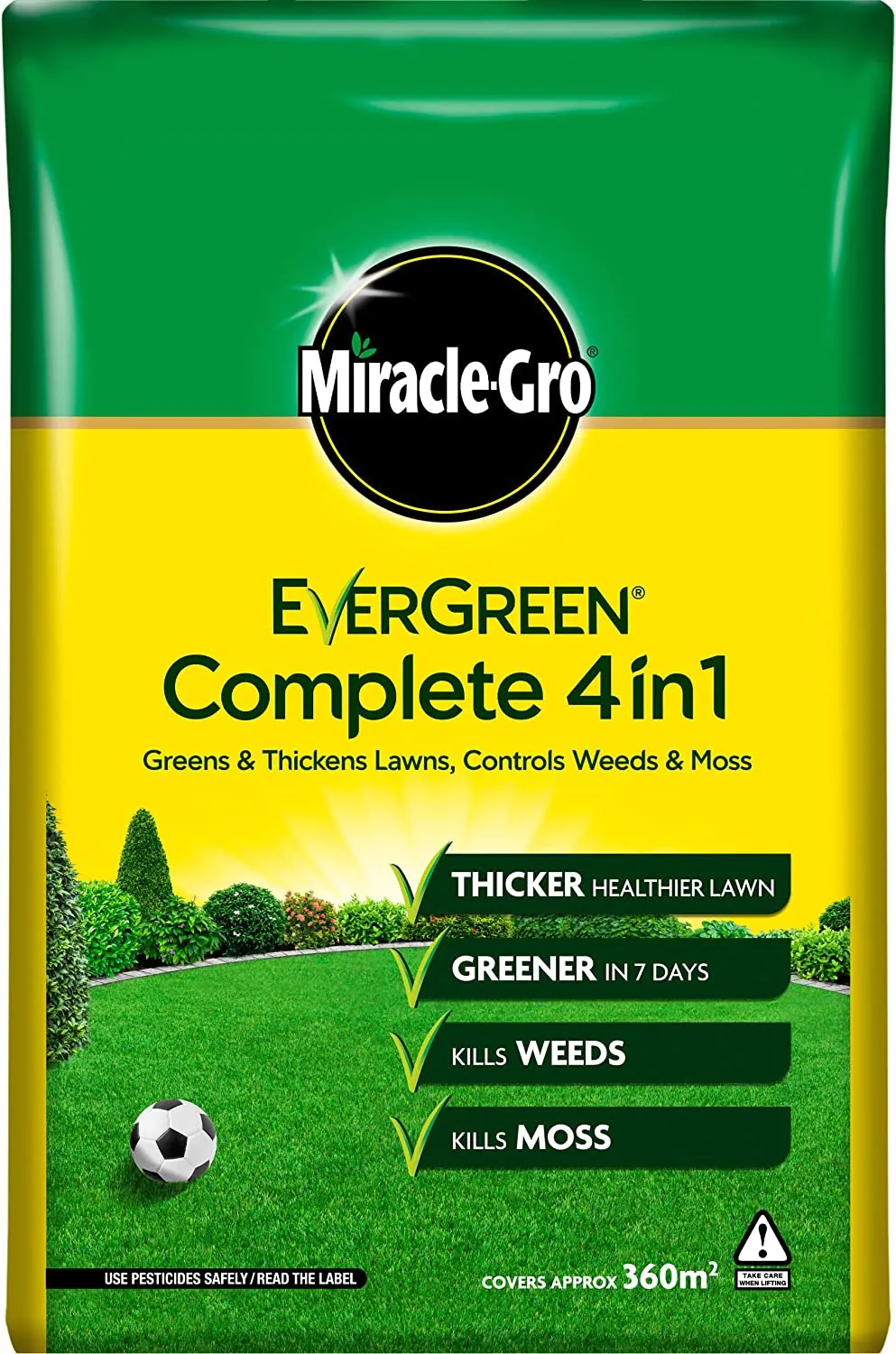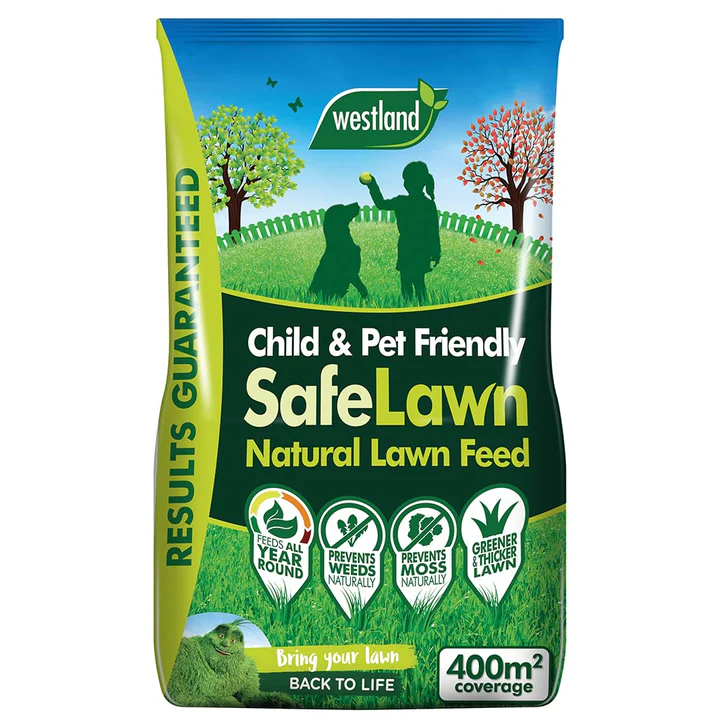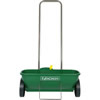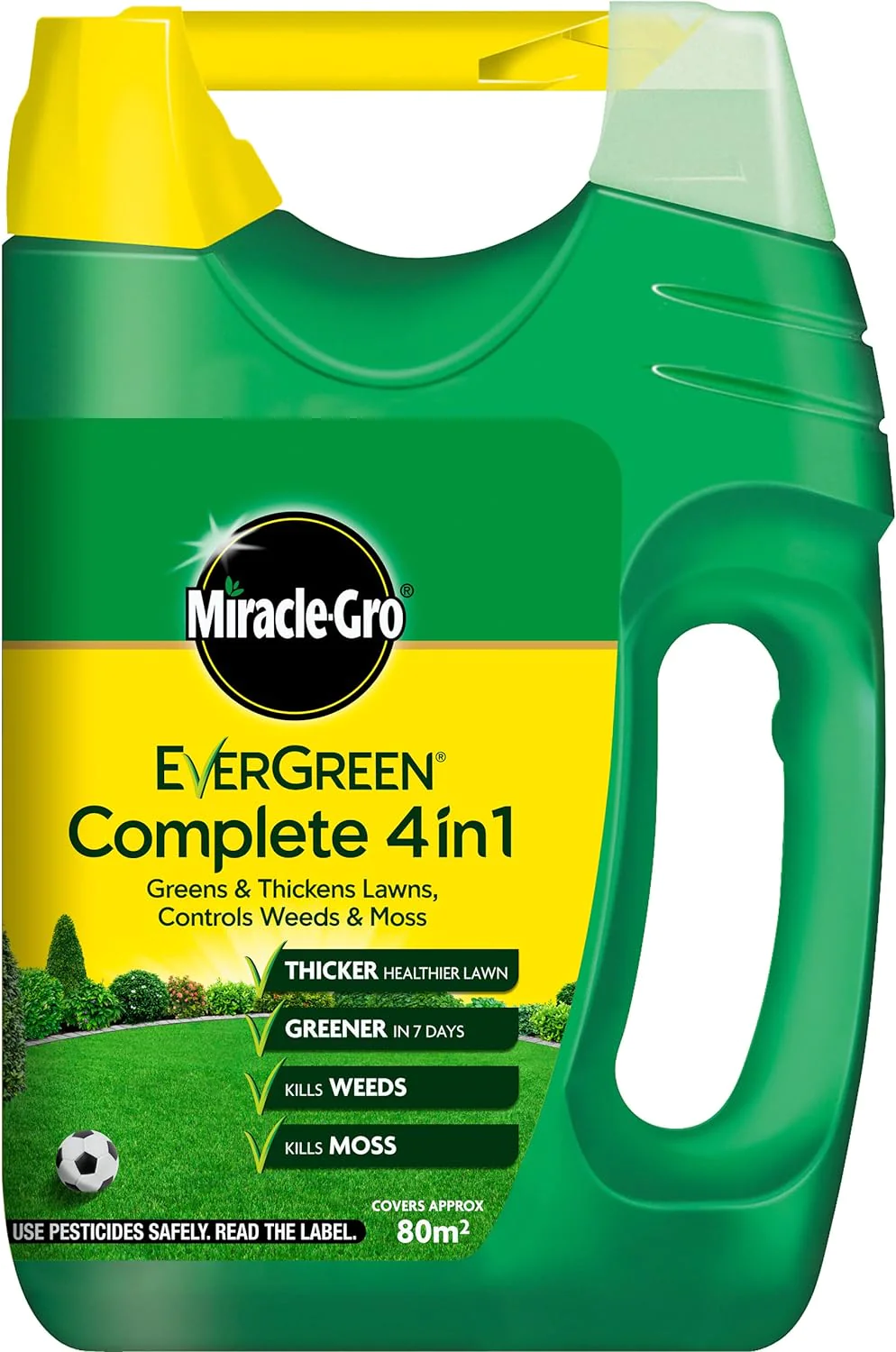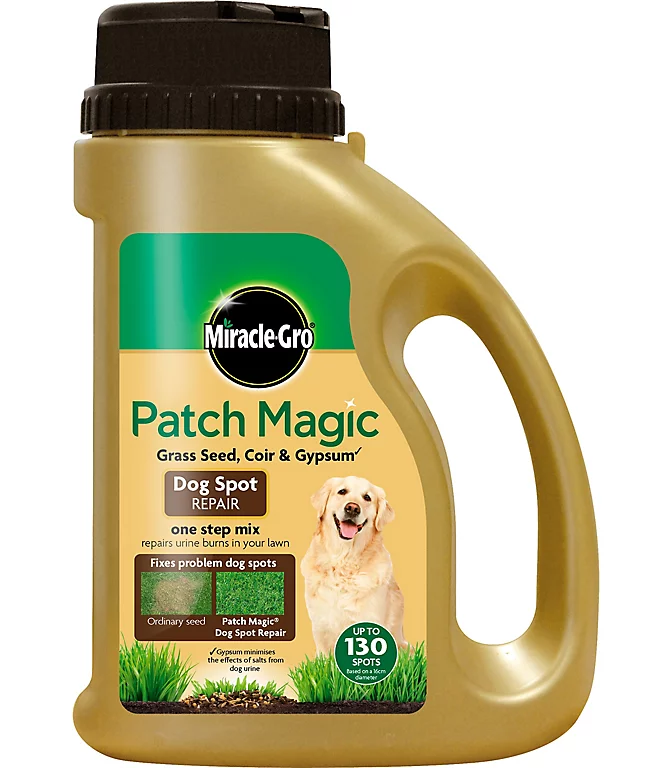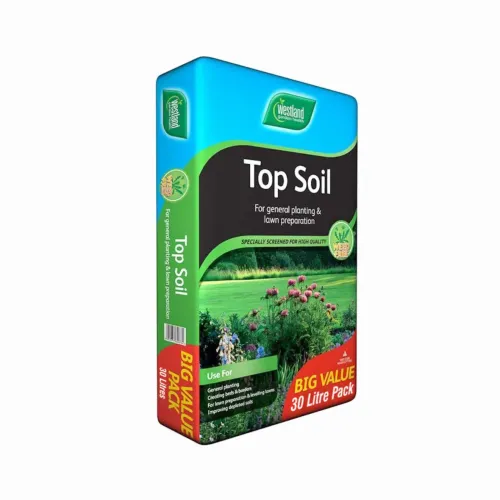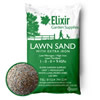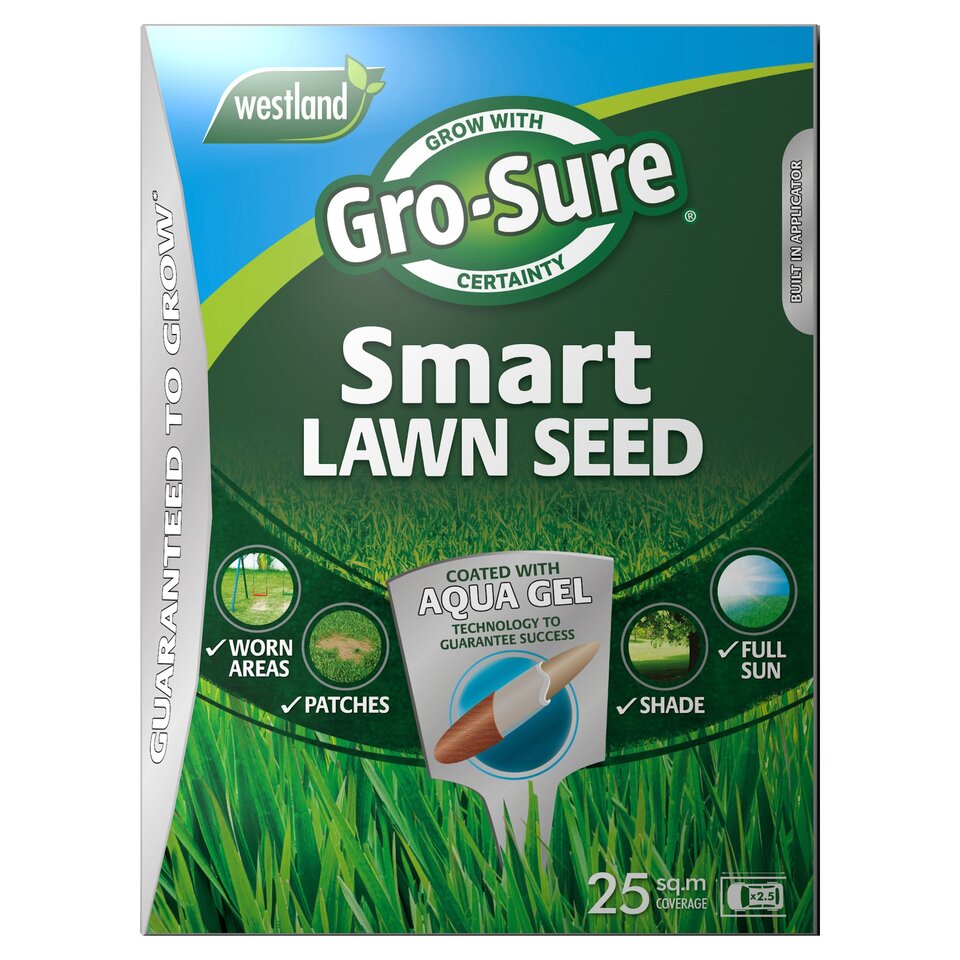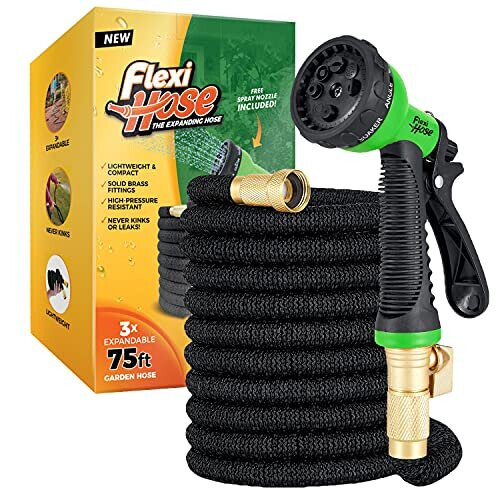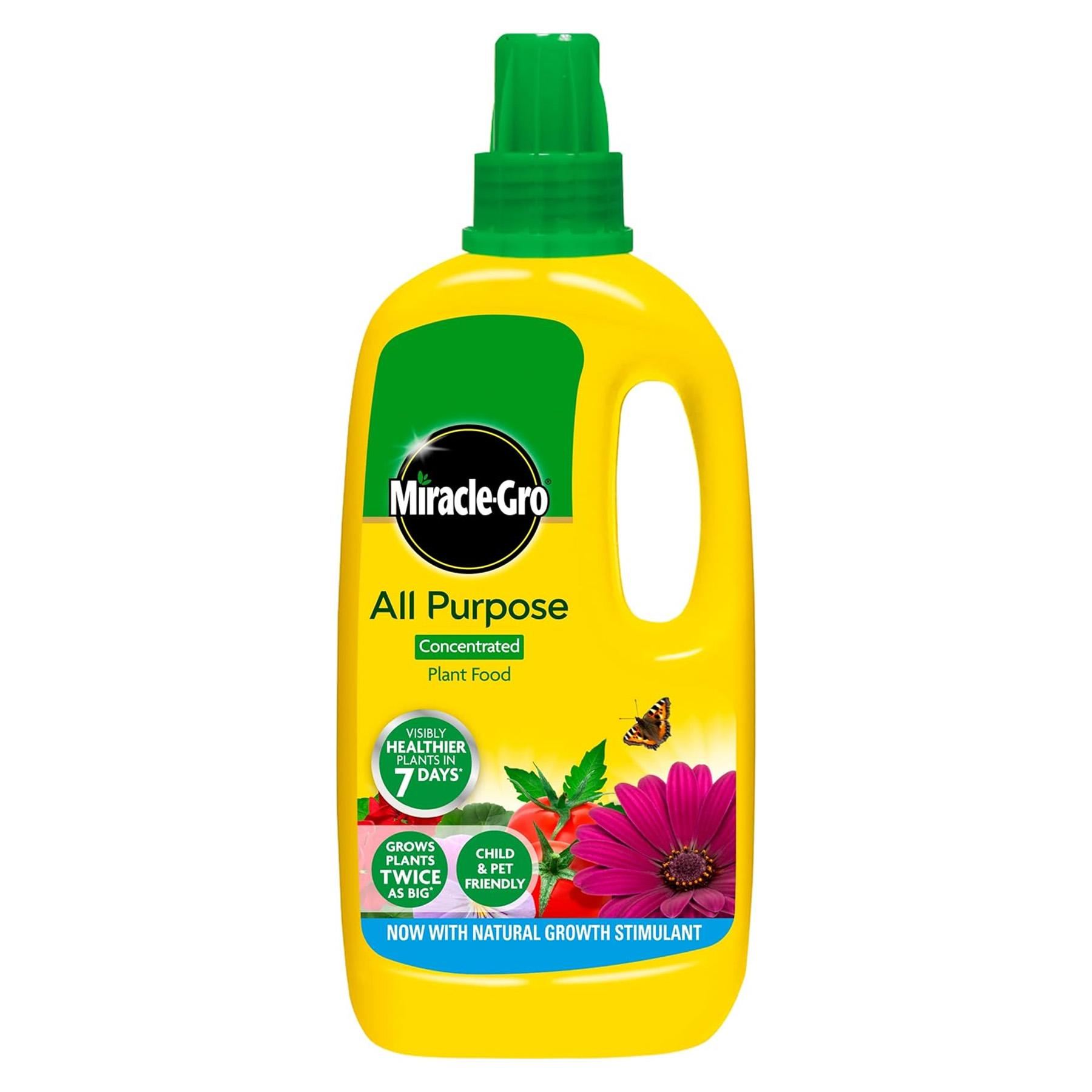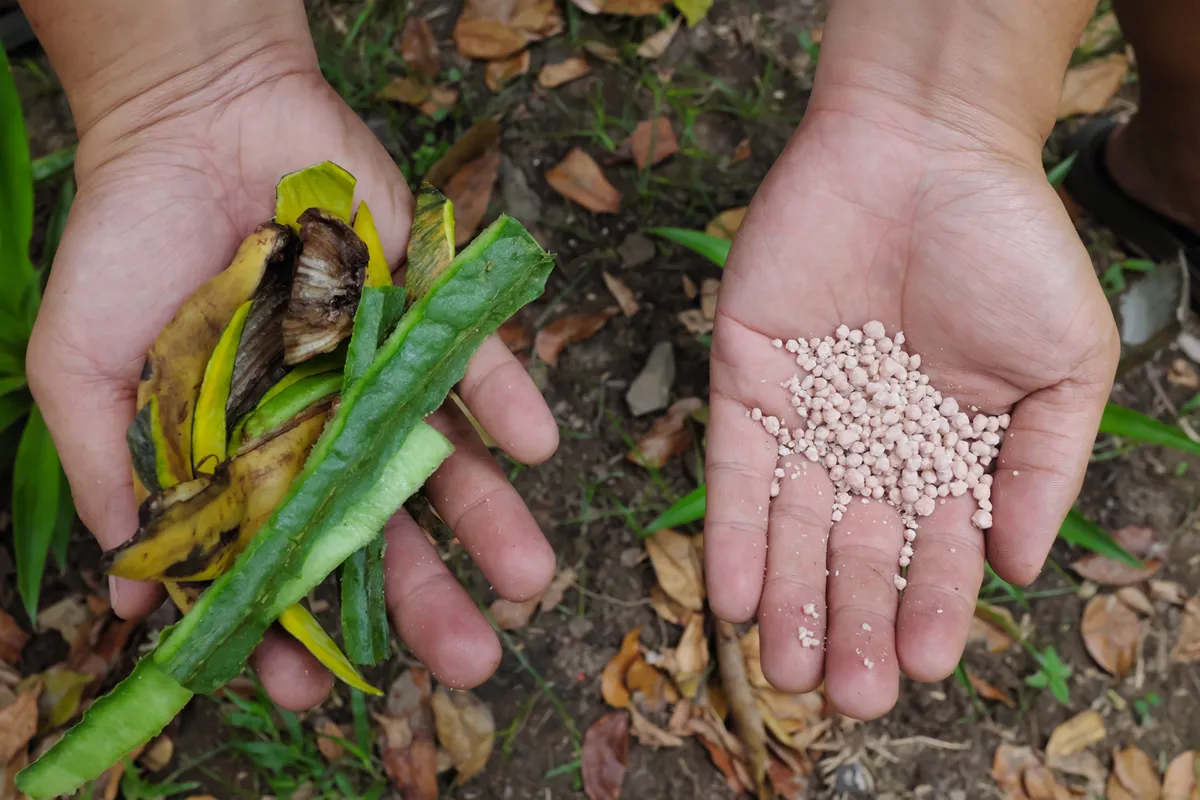
For the gardening community, the choice between chemical and natural organic lawn control is becoming a pivotal one. Gardeners are increasingly aware of the larger ecological footprint of chemical products, the potential harm they pose to pets and the environment, and the cost to soil and plant health. With these growing concerns, many homeowners are seeking alternative, sustainable methods to maintain a healthy, rich lawn.
The Roots of Chemical Lawn Control
Chemical lawn control, often called "conventional" or "traditional," typically involves the use of synthetic pesticides and fertilizers. These products can work quickly and be very effective at controlling pests and promoting growth, but they come with a laundry list of potential drawbacks including leaching into the water table, overfeeding harmful algae in bodies of water, and even posing health risks to humans and animals.
The Rise of Natural Organic Lawn Care
By contrast, natural organic lawn care emphasises the use of natural substances and processes to maintain lawn health. This includes nutrient-rich compost, organic fertilizers, and natural pest deterrents. The approach is seen as gentler on the environment, promotes long-term soil health, and is generally safer for families and pets.
Digging Deeper: The Difference in Methods
The distinct approaches between chemical and natural organic lawn control methods mark each with their benefits and challenges.
Chemical Treatments: Quick but Compromising?
The fast-acting nature of chemical lawn control products is their chief selling point, but it also raises concerns. These products can create imbalances in the soil, leading to a dependence on them for continued effectiveness. Regular chemical treatments can produce a lawn that is less resilient and more susceptible to pests and diseases over time.
The Nurtured Growth of Natural Organic Solutions
On the other hand, natural organic lawn control focuses on long-term sustainability. It supports the overall health of the lawn and the surrounding ecosystem. This method feeds the soil with essential nutrients, creating a robust foundation for grass, which naturally resists pests and diseases more effectively.
Cost Analysis: Natural Organic Lawn Care
Many consider the cost of lawn care to be the ultimate deal-breaker. Notably, the cost of natural lawn care products can sometimes be higher than their chemical counterparts. However, this price inelasticity is not always true, and when considering the long-term health of the lawn, the scalability of natural organic methods often reveals a more cost-effective, sustainable solution.
Initial Outlay vs. Long-Term Investment
At first glance, synthetic fertilizers and pesticides appear to be less expensive. They may, however, require more frequent applications to maintain efficacy – a recurrent investment that can accumulate over time. Conversely, natural alternatives often offer slower, steady benefits that may only require several applications throughout the year.
Environmental Focus: The Landscape of Sustainability
The environmental cost of chemical lawn control is a growing area of concern. The runoff from chemically treated lawns can contribute to water pollution, harm aquatic life, and may even affect human health. The push for natural organic lawn control is deeply rooted in the desire to mitigate these risks.
Natural Solutions, Natural Cycles
Natural organic products support the various cycles that keep our environment in balance. From the nutrient cycle to maintaining clean water systems, these methods align with the cyclical processes that wildlife and ecosystems rely on.
Case Studies and Homeowner Experiences
In the age of personal anecdotes and shared experiences, the real stories of homeowners who have made the shift from chemical to natural organic lawn care can be compelling. These narratives often serve as tangible proof of the benefits of adopting a more natural approach.
The Return to Green Harmony
Homeowners who choose natural organic lawn care often report a more lush and hardy lawn over time. This return to natural harmony with the environment can foster a renewed appreciation for the beauty and richness of a garden that thrives on organic principles.
Cultivating a Natural Lawn: Practical Tips for Gardeners
Transitioning to a natural organic lawn care regimen is more than just a switch in products – it's a holistic approach that begins with the soil and extends to every blade of grass.
The Soil is Key
Start by improving the soil. Aeration and the addition of compost can improve the texture and nutrient content, providing a fertile foundation for healthy grass growth.
Water Wisely
Watering efficiently can also make a significant impact. Overwatering and underwatering can both stress the lawn, making it more susceptible to pests and diseases. Utilising rainwater and proper scheduling can be key natural tools in your lawn care arsenal.
The Weed & Pest Question
Natural weed and pest control methods such as mulching, mowing high, and introducing pest predators can help maintain a balanced and relatively weed-free lawn without the need for synthetic chemicals.
Technological Ties to Natural Lawn Care
While some may perceive natural organic lawn care as a return to the old ways, technology is playing a vital role in the development and application of these methods. Innovations in composting, organic product formulations, and smart irrigation systems are making natural lawn care more accessible and efficient than ever.
Smart Irrigation
Smart irrigation systems can monitor soil moisture levels and deliver water only when and where it's needed, drastically reducing waste and promoting healthier grass without the need for additional chemical treatment.
Organic Formulations
Research in organic product formulations is yielding goods that compete with the speed and efficacy of synthetic treatments, without the environmental concerns.
Looking Ahead: The Future of Lawn Care
The trajectory of chemical versus natural organic lawn care is pointing towards a more balanced and sustainable future. As regulations and consumer demand shift, we can expect to see an increased adoption of natural methods – not only for their immediate benefits to lawns but for the broader ecology they support.
The Market's Greening
The market is already demonstrating a growing appetite for natural solutions, with an increasing array of products and services tailored to the environmentally conscious gardener.
Legislative Landscape
Legislative moves to restrict or label chemical lawn treatments are inching consumers toward natural products, accelerating adoption and innovation in the sector.
Personal Responsibility
The choice between chemical and natural organic lawn care is often one of personal philosophies and priorities. The shift towards natural methods is a reflection of the collective desire for greener, safer living spaces for today and for tomorrow.
In Conclusion: The Green You Want to See
The control you exercise over your lawn is more than a matter of aesthetics – it's a choice that can ripple through the environment and your own personal space. The decision to adopt natural organic lawn care methods is a proactive step towards a safer, more sustainable future, rooted in the principles of ecological health and longevity. May your lawn stand as a testament to the green evolution we are all striving to cultivate.
